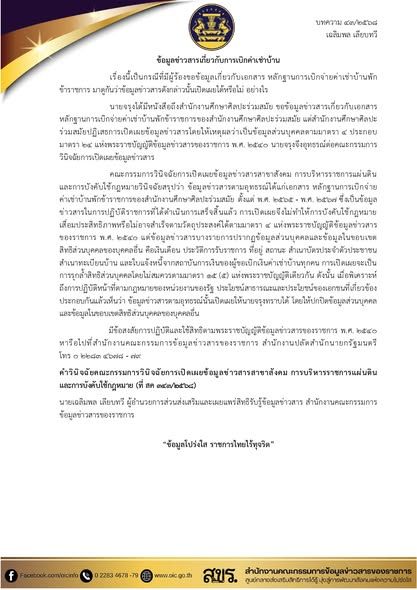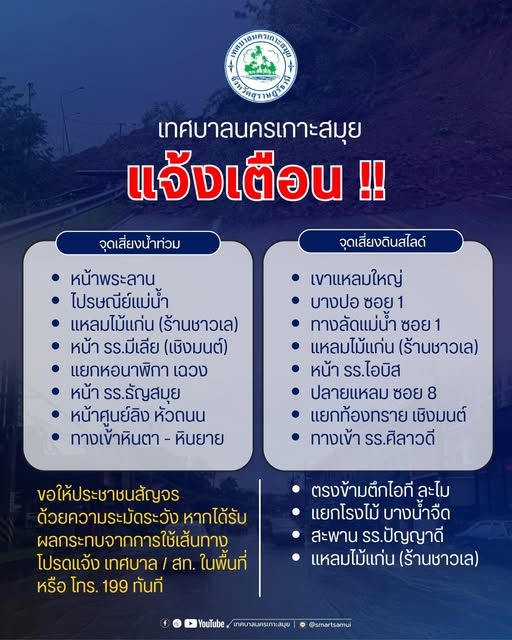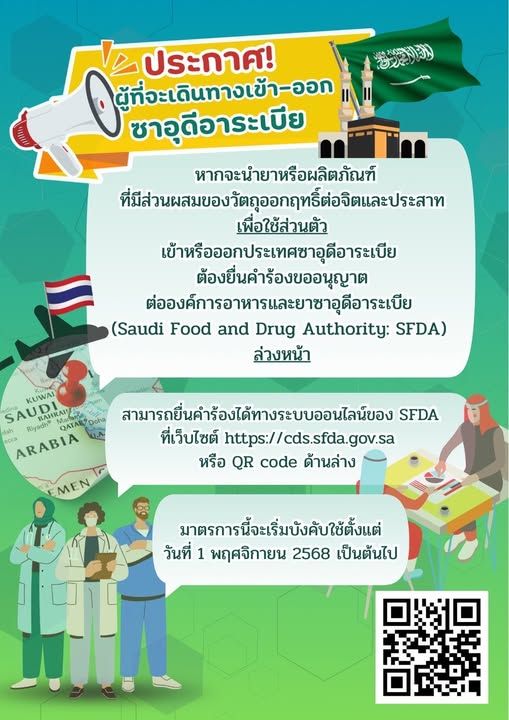The Official Information Commission (OIC) has released crucial guidelines on disclosing official information, covering topics from work attendance to housing claims and misconduct. Discover the details of transparency under the Official Information Act, B.E. 2540 (1997) at www.oic.go.th!
OfficialInformation #Transparency #GovernmentTransparency #RightToInformation #OIC #PublicInformation #ThailandGovernment #OpenGovernment #CivicDuty #InformationAccess
Prepared by the Office of the Official Information Commission, this structured overview highlights essential areas regarding the disclosure of official information. The guidance supports agencies and the public in understanding rights and responsibilities under the Official Information Act, B.E. 2540 (1997).
Work Attendance Records
Work attendance records are classified as official information. Requests for access to these records are subject to consideration under the Official Information Act. Agencies are required to balance transparency with the protection of personal information. Disclosing attendance records may be allowed if it serves the public interest and does not infringe on individual privacy beyond what is necessary for transparency or accountability in public service.
Name, Surname, and Position of Nurses with Inappropriate Conduct
Information concerning the identity and roles of nurses or medical staff accused or found to have exhibited inappropriate behavior is subject to disclosure on a case-by-case basis. The need to inform the public and uphold trust in healthcare services is weighed against the privacy and reputational rights of individuals involved. Agencies are advised to consider the specifics of each case, the stage of any investigations, and potential impact on the individuals before releasing such information.
Housing Allowance Claims
Records related to housing allowance claims are official information. Agencies reviewing requests for disclosure should ensure that sensitive personal data, such as addresses and financial details, are protected in accordance with the law. However, aggregated or non-identifiable data about housing allowance disbursement may generally be disclosed to maintain transparency and accountability in public resource management.
Copies of Witness Interrogation Records
Access to witness interrogation records is strictly regulated due to their sensitive nature. Disclosure may be restricted to protect ongoing investigations, the privacy of witnesses, and the integrity of legal proceedings. Agencies must review such requests carefully, only permitting disclosure where it does not compromise legal processes or violate confidentiality obligations.
Information on Salary Increment Consideration
Information regarding the process and criteria for considering salary increments for public officials is regarded as official information. While the general procedures and policies are typically disclosed to ensure transparency, specific details about individuals’ salary increases, assessment scores, or related deliberations may be withheld to protect personal and confidential information, unless specific circumstances justify disclosure.
For additional resources and access to detailed articles and official documents, individuals and agencies are encouraged to visit the website of the Office of the Official Information Commission at www.oic.go.th, under the Knowledge Menu in the Articles section.
Frequently Asked Questions
Frequently Asked Questions (FAQ)
What types of official information can the public request under the Official Information Act, B.E. 2540 (1997)?
The public can request access to various types of official information, including work attendance records, names and positions of officials involved in misconduct, housing allowance claims, witness interrogation records, and details about salary increment considerations. Each type is subject to specific guidelines balancing transparency with privacy and legal protections.
How is personal and sensitive information protected when official information is disclosed?
Disclosure of official information must comply with laws protecting personal data. For example, sensitive data such as addresses, financial details, or private assessment scores are generally withheld, and only aggregated or non-identifiable information may be released to ensure privacy while maintaining transparency.
Are there restrictions on accessing records related to misconduct, investigations, or legal proceedings?
Yes. Access to records involving misconduct allegations, witness interrogations, or ongoing investigations is carefully controlled. Information is generally disclosed only when it does not compromise investigations, legal processes, or individual rights, and agencies must assess each request on a case-by-case basis.




